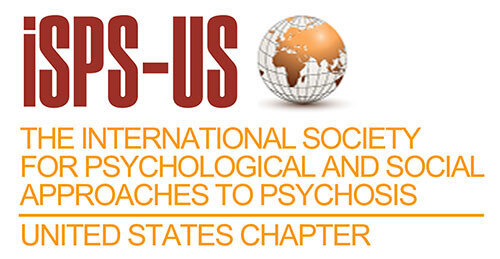
ISPS-US Joins Disability Rights California in Opposing California Senate Bill 331
The International Society for Psychological and Social Approaches to Psychosis – US Chapter (ISPS-US) has joined Disability Rights California and a growing coalition of advocacy organizations in opposing California Senate Bill 331 (Menjivar).
SB 331 proposes a sweeping expansion of the definition of “gravely disabled” under the Lanterman-Petris-Short (LPS) Act and defines “mental health disorder” as any condition listed in the Diagnostic and Statistical Manual of Mental Disorders (DSM). This dramatically broadens the scope of who could be subject to involuntary psychiatric commitment and risks deepening reliance on coercive approaches to mental health care.
As Disability Rights California explains, this bill threatens civil liberties, disproportionately harms already-marginalized communities, and risks eroding public trust in the behavioral health system.
Mental Health America of California has also raised serious concerns, noting that the DSM includes over 260 conditions, many of which are unrelated to the kind of acute mental health crisis that involuntary commitment laws were originally designed to address. The organization emphasizes that the LPS Act was intended to sharply limit involuntary treatment, not to expand it in ways that could sweep in a wide range of non-emergent or non-psychiatric diagnoses.
ISPS-US believes that mental health care must prioritize choice, collaboration, and respect for lived experience. Expansion of forced treatment undermines recovery and drives people away from the very systems that are meant to support them. We urge California lawmakers to reject SB 331 and instead invest in voluntary, community-based services that affirm dignity, autonomy, and human rights.
